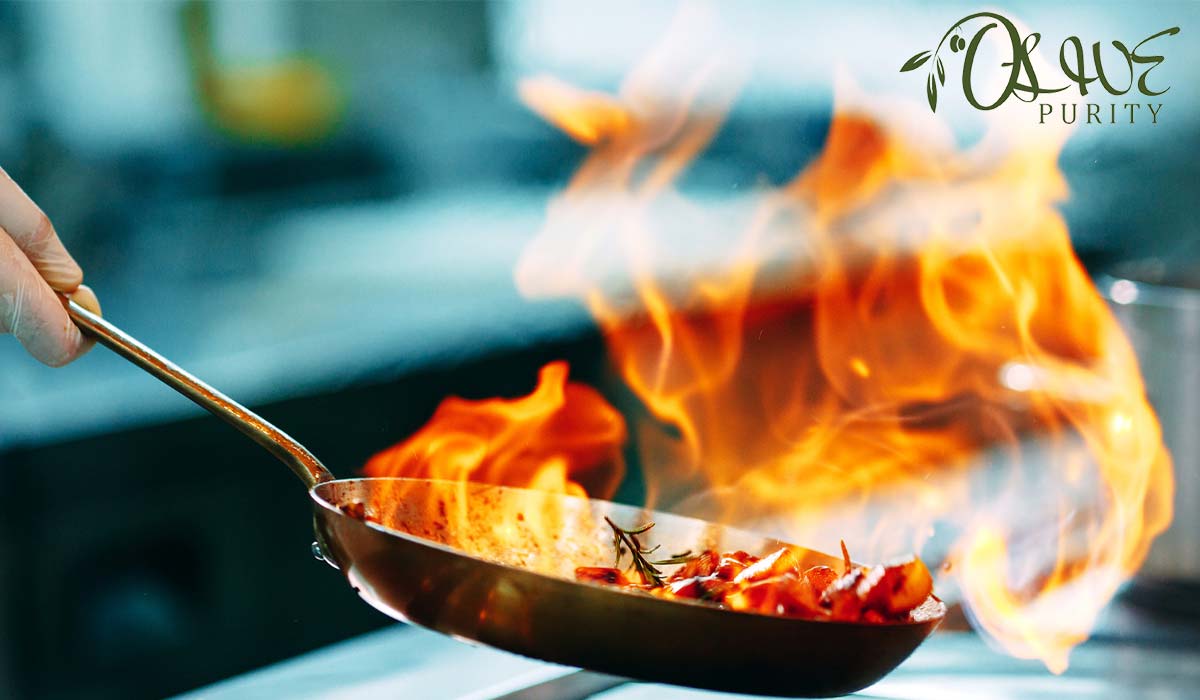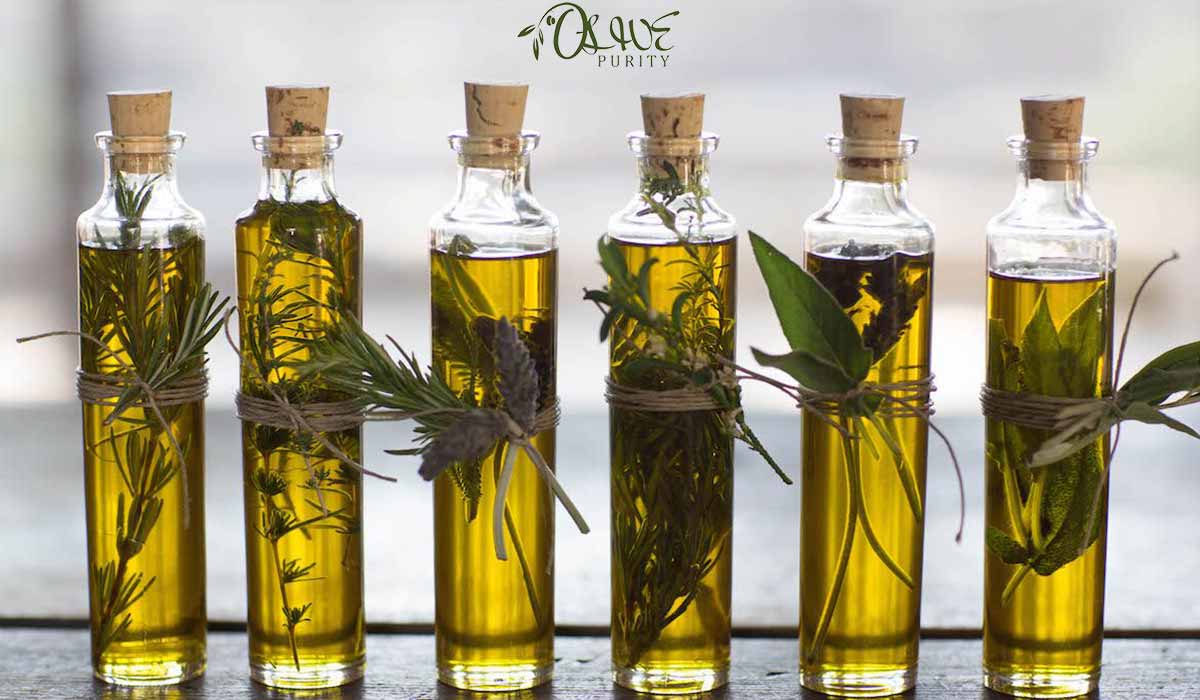Can Olive Oil Catch Fire? Understanding Its Combustion Properties
Key Takeaways
- The flash point of olive oil is around 374°F (190°C), because of this that it can ignite if exposed to a flame or different heat supply at this temperature.
- This means that if olive oil is heated to this temperature or better, it’ll start to smoke and smash down, releasing unstable compounds that may ignite.
- Avoid the use of olive oil for high-warmness cooking, which includes deep frying or stir-frying. in case
- You do need to warmness olive oil, use a decrease warmness placing and monitor it carefully to avoid overheating.
- Store olive oil in a cool, darkish vicinity and faraway from stoves and ovens.
- If an olive oil fireplace does arise, smother the flames with a lid or a fireplace extinguisher. Do not use water to extinguish an oil fireplace.
Introduction: The Safety of Cooking with Olive Oil
Olive oil, a staple in kitchens worldwide, is renowned for its flavor and health benefits. However, when it comes to cooking, understanding its fire safety aspects is crucial. This article explores whether olive oil can catch fire and delves into its combustion properties, such as smoke point, flash point, and autoignition temperature. For those who love to cook with olive oil, knowing these aspects is key to preventing accidents and ensuring kitchen safety.
Olive Oil: A Brief Overview
Composition and Uses
- Olive oil is a herbal oil extracted from olives.
- Commonly utilized in cooking, frying, and as a salad dressing.
- Contains monounsaturated fats, known for health benefits.
Types of Olive Oil
- Extra virgin olive oil: Highest quality, used for dressings and low-heat cooking.
- Virgin olive oil: Suitable for cooking with moderate heat.
- Refined olive oils: Higher smoke points, ideal for high-heat cooking.
Olive Oil and Fire: Understanding the Risks
The Concept of Smoke Point
- Smoke point: The temperature at which oil starts to smoke, producing harmful free radicals.
- Olive oil’s smoke point varies based on type and quality.
- Extra virgin olive oil: Approximately 320°F (160°C).
- Refined olive oils: Around 465°F (240°C).
Flash Point and Autoignition Temperature
- Flash point: The temperature at which oil vapors ignite when exposed to a flame.
- Autoignition temperature: The temperature at which oil ignites without an external flame.
- Olive oil has a higher flash point compared to other cooking oils.
Combustion Properties of Olive Oil
Factors Affecting Combustion
- Purity and type of olive oil.
- Age and storage conditions.
- Presence of impurities or food particles.
The Role of Temperature in Olive Oil Combustion
- Heating olive oil beyond its smoke point leads to gradual breakdown.
- At extreme temperatures ,olive oil catch fire.
- Awareness of olive oil’s combustion properties is essential for safe cooking practices.
Safety Measures in Cooking with Olive Oil
Prevention and Handling
- Never leave cooking oil unattended on the stove.
- Use olive oil within its recommended heat range to avoid olive oil catch fire.
- Store olive oil in a cool, dark place to preserve its quality.
Dealing with Olive Oil Fires
- Never use water on oil fires.
- Turn off the heat source immediately when olive oil catch fire.
- Use a lid or fire extinguisher specifically designed for oil fires.
Safety Tips for Cooking with Olive Oil
- Regularly monitor the temperature when cooking with olive oil to prevent olive oil catch fire.
- Ensure good ventilation in the kitchen to protect olive oil catch fire.
- Keep a lid or fire blanket nearby as a precaution.
Storage and Maintenance of Olive Oil
Proper Storage Techniques
- Store olive oil away from direct sunlight and heat sources.
- Use airtight containers to prevent oxidation.
- Consume within a few months after opening for optimal quality.
Routine Checks and Maintenance
- Periodically check the smell and color for signs of rancidity.
- Dispose of old or degraded olive oil properly.
Frequently Asked Questions
Is olive oil flammable?
Olive oil is flammable. It has a flash point of around 410°F (210°C), which means it can ignite when heated to that temperature and exposed to an ignition source, such as a flame or spark.
Will olive oil catch fire on grill?
It’s a common misconception that olive oils smoke point is too low to grill with, but high quality extra virgin olive oil has a smoke point of over 410°F. While you don’t want to have oil dripping into the flames, a light brushing will do wonders in keeping your foods from sticking.
How do you stop an olive oil catch fire?
Always avoid splashing burning grease by moving the pan or using water. This can keep the fire from spreading.To prevent olive oil catch fire use a metal lid or cookie sheet to seal off air, or extinguish the fire with salt or baking soda
Conclusion: Balancing Flavor and Safety
In conclusion, while olive oil is a valuable and healthy cooking ingredient, understanding its combustion properties is vital for safe kitchen practices. By being aware of its smoke point, flash point, and autoignition temperature, and following safety tips, you can enjoy the benefits of olive oil while minimizing the risks of olive oil catch fire. Remember, safety in the kitchen starts with knowledge and responsible handling of cooking oils.













